| It is summer time, and families are taking a break from their busy school-year schedules to try some new activities, visit new places and build stronger relationships. These benefits can be had by students who take a “gap year” too. A gap year is usually thought of as a year-long break between high school and college, but there are other ways to have a gap year experience. In this blog, I will share with you my gap year adventures and what I learned as well as a list of gap year options for your students. |
As I mentioned in my blog last month about Late Bloomers, students mature at different rates, and for many students, the prefrontal cortex in the frontal lobe of the brain does not fully mature until they are in their twenties. This part of the brain is responsible for executive function which includes organizing, planning, and problem solving, and these abilities are pretty important for college success. Giving the brain a little more time to mature might be helpful for some students. College also requires navigating a widening array of relationships with new peers (perhaps from unfamiliar cultures), complicated schedules, and instructors who allow a lot more freedom (and often less structure and help) than high school teachers. Skills needed to traverse this new landscape can be acquired during a gap year.
My Japan Adventures! From left to right: 1) I am in the front in my Yukata (cotton kimono) that I still wear sometimes, 2) In a straw hat (on right), and in a borrowed silk kimono (on left), and teaching the executives at a brake company..
My gap year experience allowed me to become more independent and self-confident, learn about new cultures and build relationships with people very different than myself.
Although I didn’t realize it at the time, my gap year preparation began during the summer between my sophomore and junior year when I was a Rotary Club summer exchange student to Japan. The trip was an emersion in a culture vastly different than my own yet with people who had the core characteristics of kindness and generosity that were comfortingly familiar.
Although I didn’t realize it at the time, my gap year preparation began during the summer between my sophomore and junior year when I was a Rotary Club summer exchange student to Japan. The trip was an emersion in a culture vastly different than my own yet with people who had the core characteristics of kindness and generosity that were comfortingly familiar.
During my senior year of high school, I was asked to go back to Japan to teach English at a Christian high school along with another American woman who was already there. In preparation for a move to Japan for six months, I took a Japanese language class at the local community college at night while attending high school during the day. A week after graduation at seventeen years old, I got on a plane and flew to Tokyo and then took a three hour train ride north to Fukushima. The adventures I had could fill many pages, but the main things I learned are 1) I can communicate with people, even when I don’t speak the language well because people are willing to help and use hand gestures if that is what it takes. All people want to be understood. 2) I can climb mountains and hike through caves (even at Mt. Fuji!), ask for directions (sometimes clumsily in Japanese) and find my way, even when the going gets tough. 3) Baking American style chocolate chip cookies with students while they teach me how to make origami cranes (which I can still make, by the way) is a wonderful way to share individual cultures and make new friends.
My Africa Adventures! 1) With my uncle next to the plane we flew from Missouri to Africa 2) At a school in
Soweto, South Africa 3) In my waitress garb, 4) At a picnic with South African friends.
Soweto, South Africa 3) In my waitress garb, 4) At a picnic with South African friends.
After six months, I headed back home and completed two semesters at a community college and then I took off again for six months for the second half of my “gap year.” This time, I flew in a two-seater Beechcraft airplane with my uncle from Joplin, Missouri to Johannesburg, South Africa. The trip took seven days with day-long stops along the way in the Canary Islands, The Ivory Coast, Gabon and Namibia. Upon reaching Johannesburg, a business associate of my uncle invited me to stay with his family, and I got a job downtown as a waitress. This was at a time when there was apartheid, segregated townships, and separate buses for different races. I learned 1) Even when you don’t agree with government policy, you can still help children in need by traveling to where they are and helping to improve their schools 2) Sometimes strangers sitting at a restaurant table are just good friends you haven’t met yet 3) Working together as a team (even when all the team members are from different countries) makes a project easier for everyone, and it is more fun.
| Not all gap years are the same. While my gap year involved a lot of travel as well as working as a teacher and a waitress, my son took a break from school for two years to work at his full time career. After getting an A.A. in Business and an A.S. in Automotive Technology, he worked as an auto tech for two years, learning his craft and saving his money. He then went back to school and got his B.S. in Automotive Management and graduated debt free. Gap years are growing in popularity in the U.S. and are already common in the UK where approximately 200,000 students delay going to college for a year. A number of American universities, including Harvard, are encouraging incoming freshman to take a gap |
year. Many schools are willing to defer enrollment for students, and some even have financial aid available to fund gap years.
Ten Things to Do During a Gap Year:
1. Take a Break and Get Healthy: A break from academics can help a student feel energized to start school again when he or she returns. Twelve years is a long time to keep the same school schedule, and a break can allow students to improve their health by getting more sleep, and taking time to exercise, and learning to eat well.
2. Become More Independent: Most high school seniors have spent the last four years with the same set of peers, dependent on detailed daily instruction from teachers with an ever present family safety net. Trying something new or going someplace you have never been before - all on your own - will teach you to trust yourself which builds self-confidence.
1. Take a Break and Get Healthy: A break from academics can help a student feel energized to start school again when he or she returns. Twelve years is a long time to keep the same school schedule, and a break can allow students to improve their health by getting more sleep, and taking time to exercise, and learning to eat well.
2. Become More Independent: Most high school seniors have spent the last four years with the same set of peers, dependent on detailed daily instruction from teachers with an ever present family safety net. Trying something new or going someplace you have never been before - all on your own - will teach you to trust yourself which builds self-confidence.

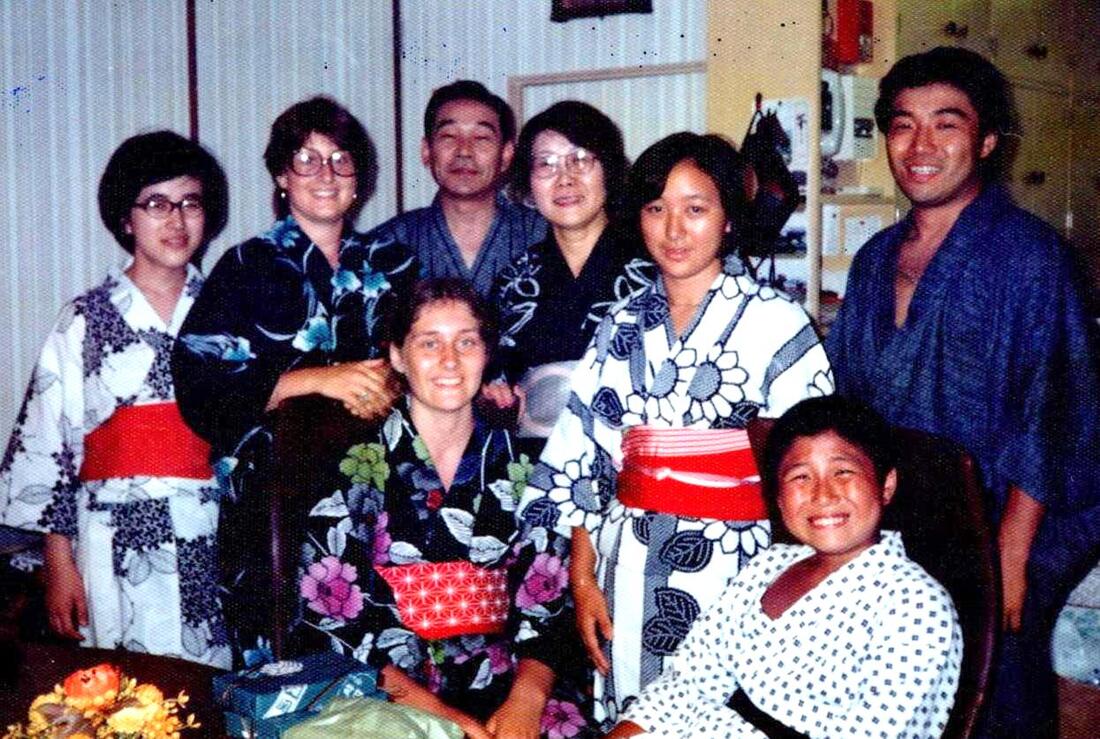
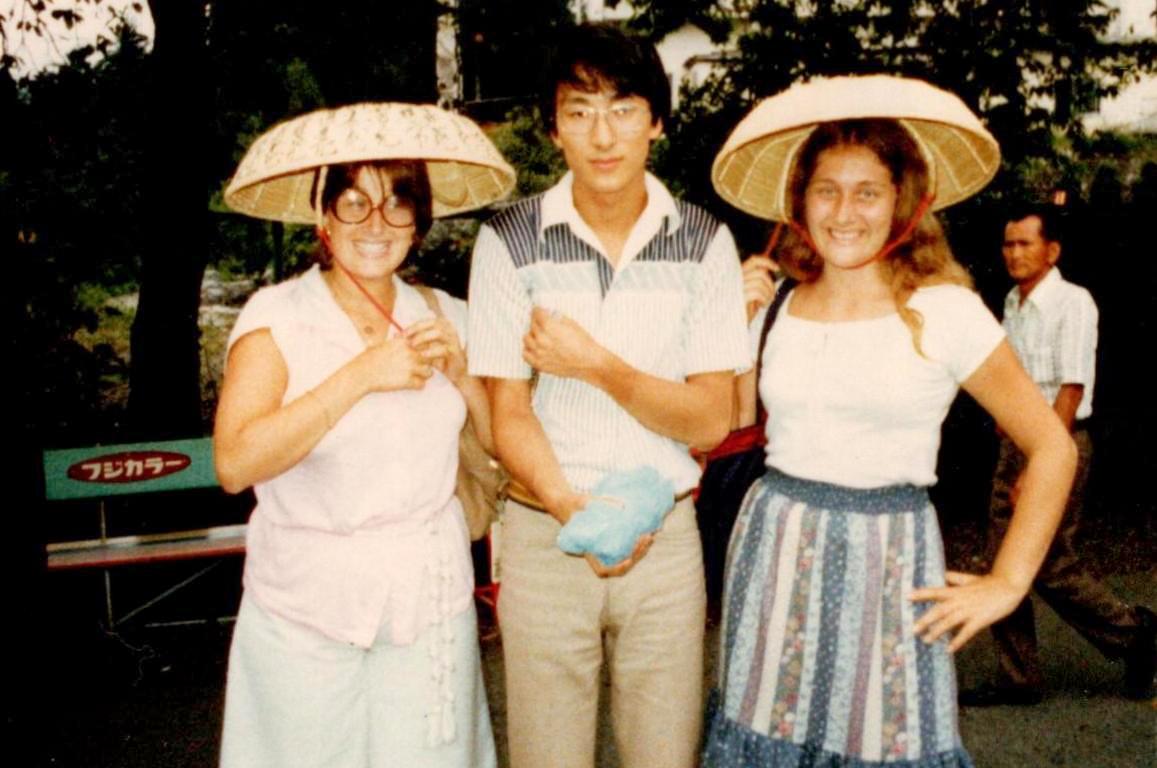

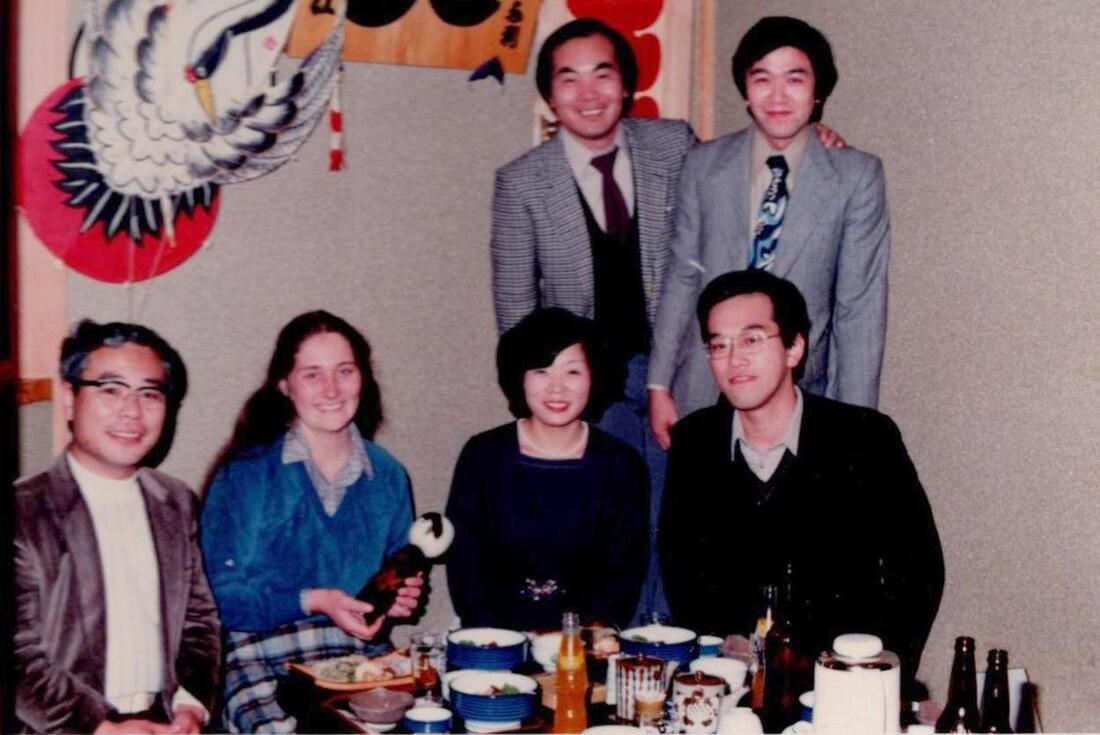

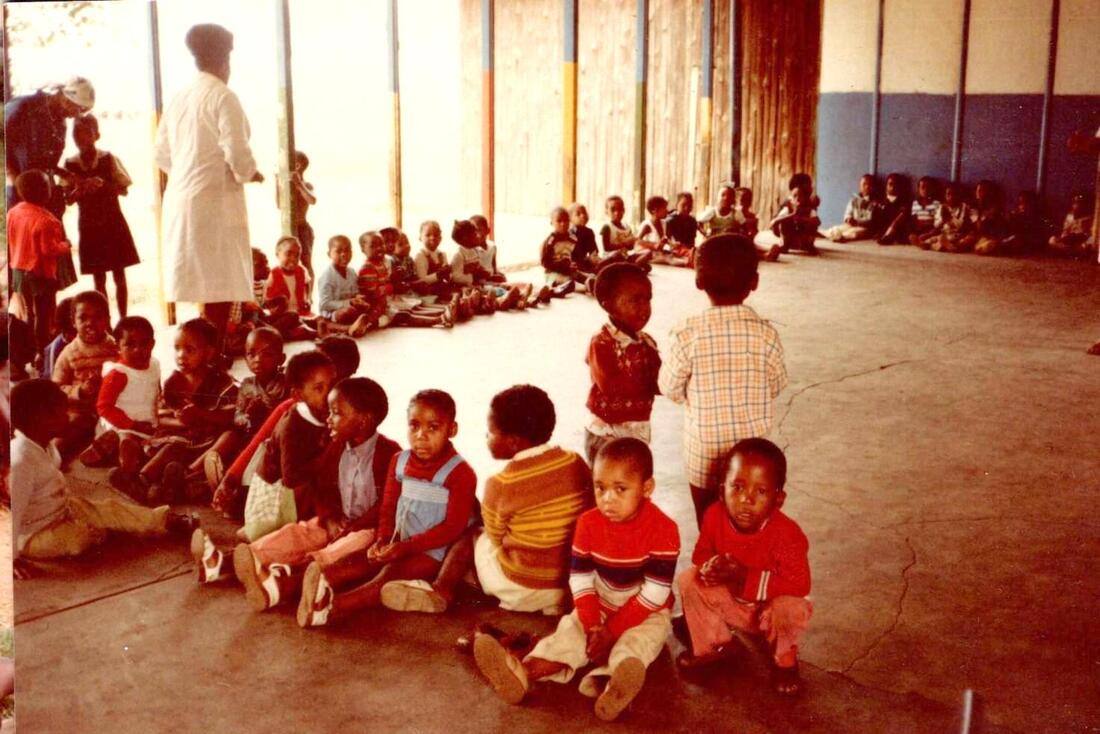
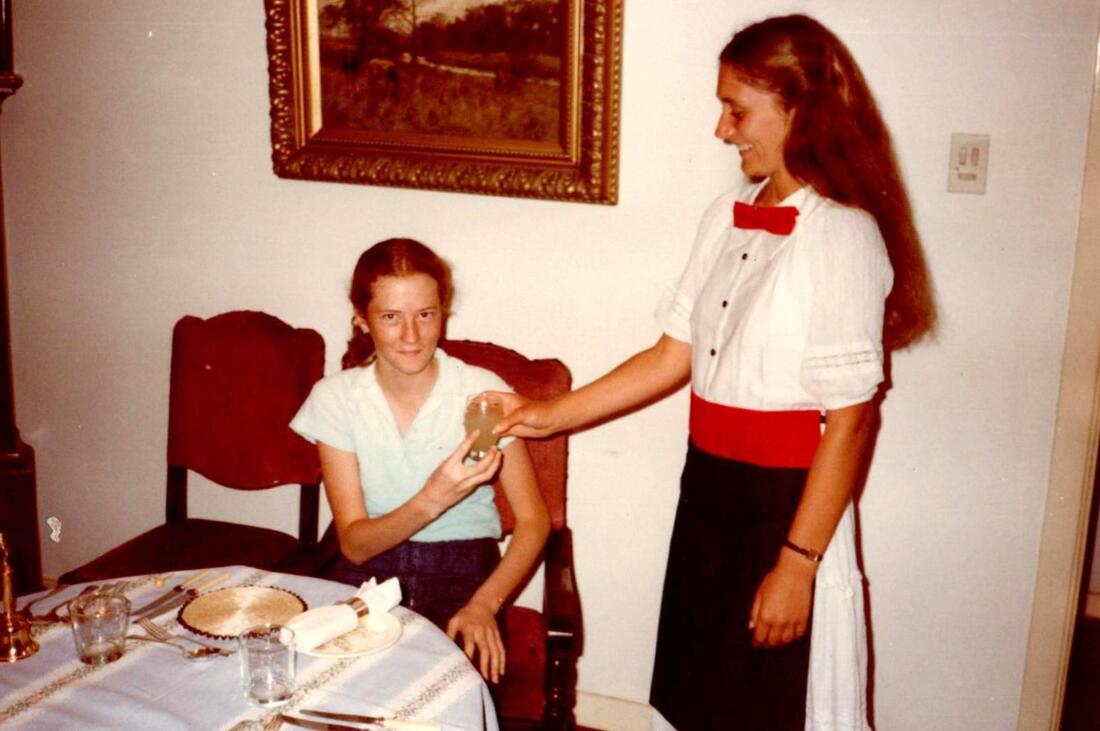

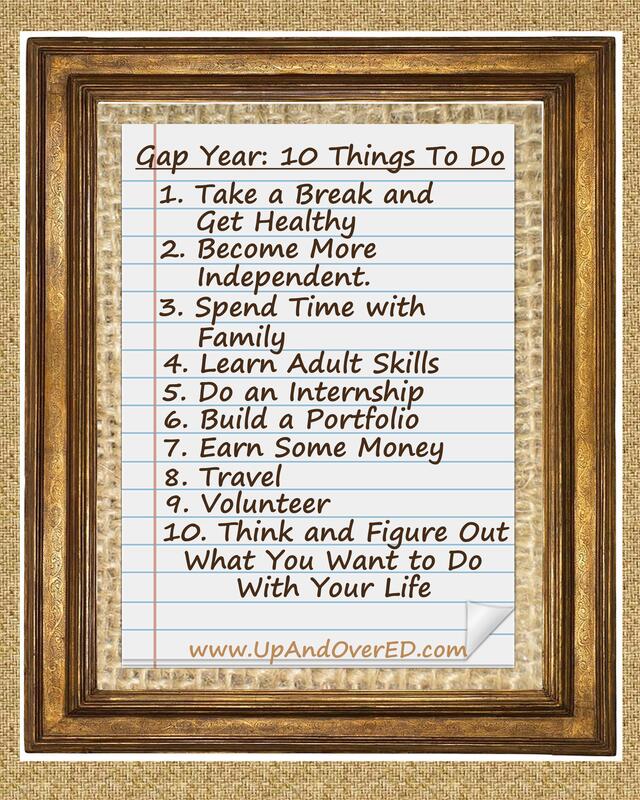

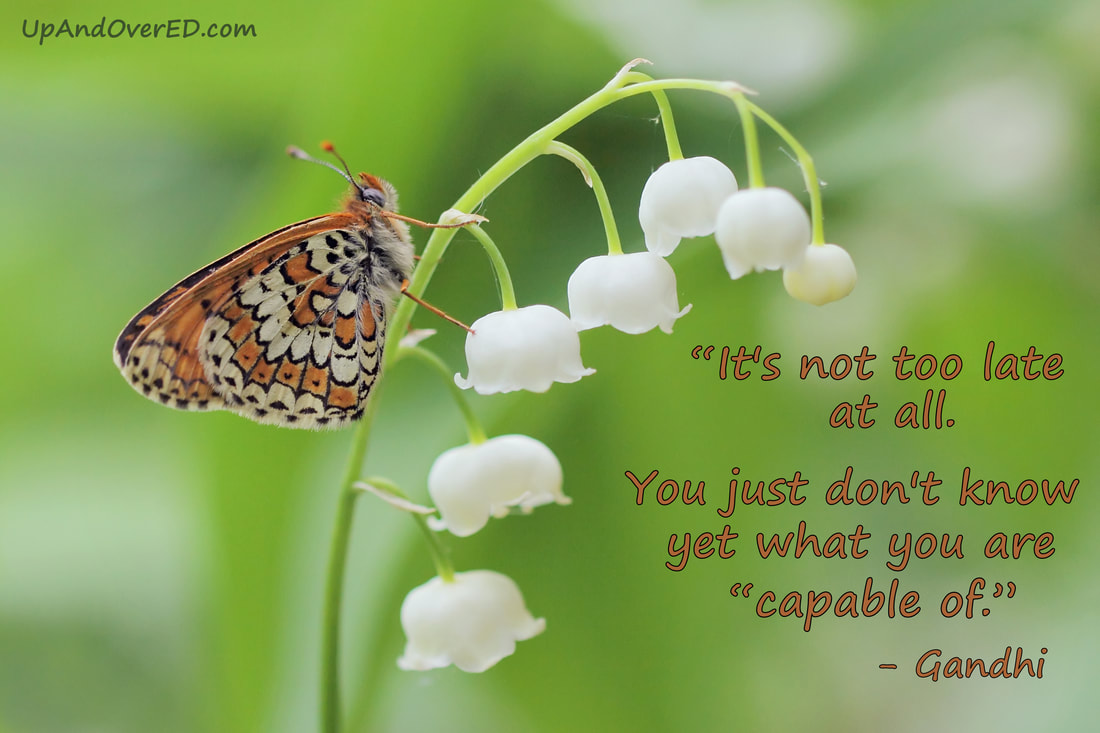
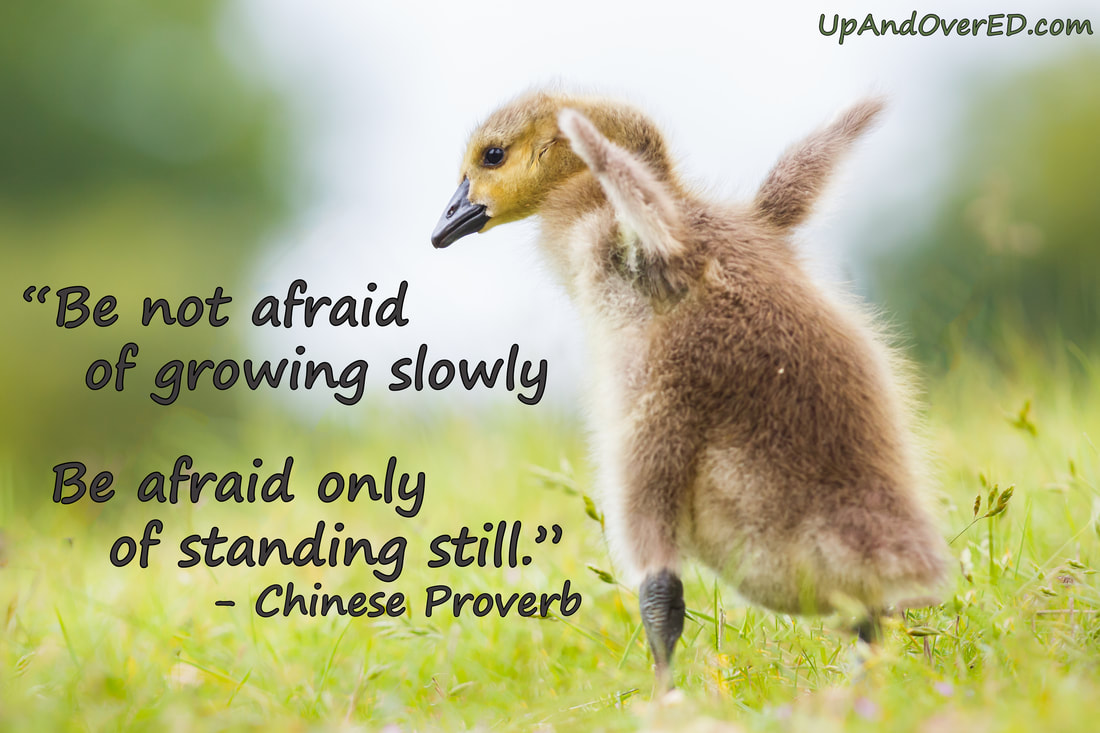
 RSS Feed
RSS Feed
